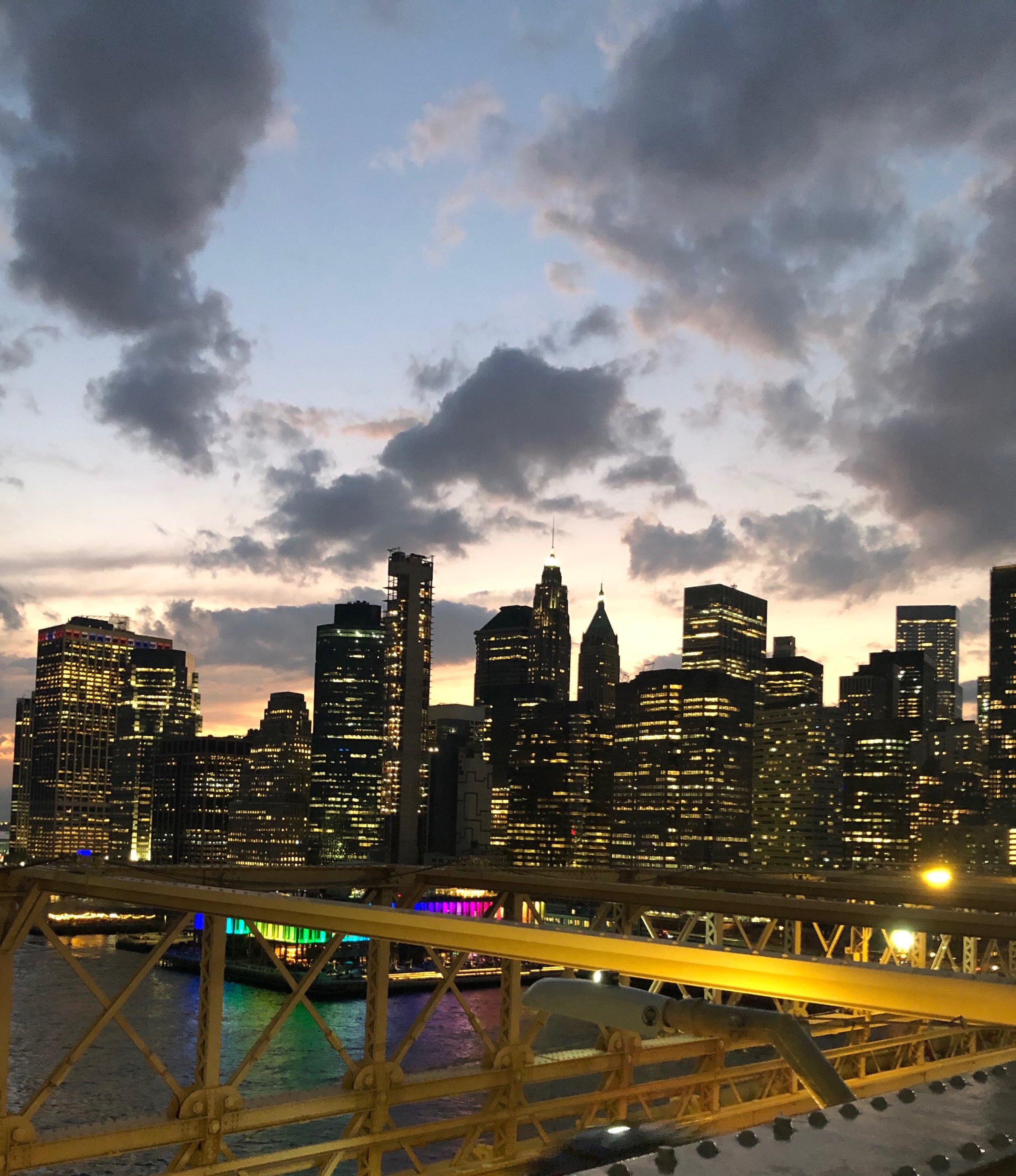For When There is Silence and Too Much Noise
In 1992, I was an exchange student to what had been the Soviet Far East just months before I landed there. By the time I arrived -- one of 16 other high school students from Portland, Oregon studying the Russian language -- the Soviet Union had dissolved, and the country was in transition. Statues were defaced and toppled, lines were still predictably long and shortages were common -- but a new identity was being forged.
Bringing up the rear of the Cold War, we -- my US American classmates and our host brothers and sisters in Khabarovsk -- were diplomats and representatives. We heralded a new age, and new possibilities. We were among the first Westerners who had been present in the city of Khabarovsk in 70 years. We wrote letters to each other before meeting in person -- then lived in each other's homes, ate at each other's tables, witnessed each other's familial dysfunction, sang together, played together, had crushes on each other, and walked arm in arm through the streets of our respective cities. We wore tee shirts with the words, 'We see one moon' written in Cyrillic and in English. This celestial body reflecting the light of the sun served as a reminder of our shared experience of being human -- even if we gazed at it from different points on the Earth.
It's easy to forget the time that existed before the internet made all parts of the world visible. Being welcomed by a family on the other side of the world -- a part of the world I had never seen except as it was depicted in "Do Svidanya Leto," or "Goodbye, Summer," a Russian language series we used to watch in class -- was nothing short of remarkable to me. I was embraced with a kind of whole heartedness that was until then unknown -- especially when that embrace was in the arms of complete strangers.
There is something about being taken in that is a universal human need. It feels particularly important in a time of upheaval and transformation, when pretty much everything else is uncertain. The world is a mess -- but I belong. The need to belong to something or someone -- a philosophy, a community, a practice, a family, or an individual -- is vital. It gives us a sense of safety when we feel surrounded by threats - both real and imagined.
Despite this need to belong — to be understood and taken in — we struggle to utilize language that is universal, that transcends words. We fail to communicate in a way that fosters relating and connection, bringing us closer to ourselves and to others. We focus on the words rather than the intentions behind them. We confine ourselves to emojis, decontextualized sound bites, and reduce our thoughts to 140 characters. We reject nuance and complexity in favor of ‘certainty,' however flawed and reductive the certainty may be.
Difficult conversations -- whether between individuals or groups of people -- are. . . difficult. But slogging through the difficulty might yield a deeper and more abiding truth. As long as we punish each other's alleged crimes by withdrawing our support, silencing, ghosting, or otherwise condemning each other into obscurity rather than finding a way to relate and understand, we remain small. It seems like a misguided path to liberation -- if that's what we seek.
I was gifted once with a copy of Adrienne's Rich's The Dream of a Common Language. She writes with humility and plainness about the pain of separation. The inscription from the magnetic dreamer who gave it to me reads 'For when there is silence and too much noise.' This feels like one of those times. Within ourselves, and in our relatedness with others we can feel a sense of being at home. Relationship is the reflective celestial body that shows us where we are, who we are and where we can go. Relationship is the moon. It is also the sun.




